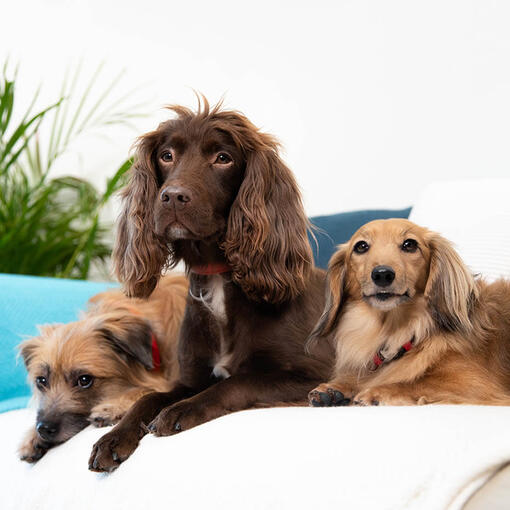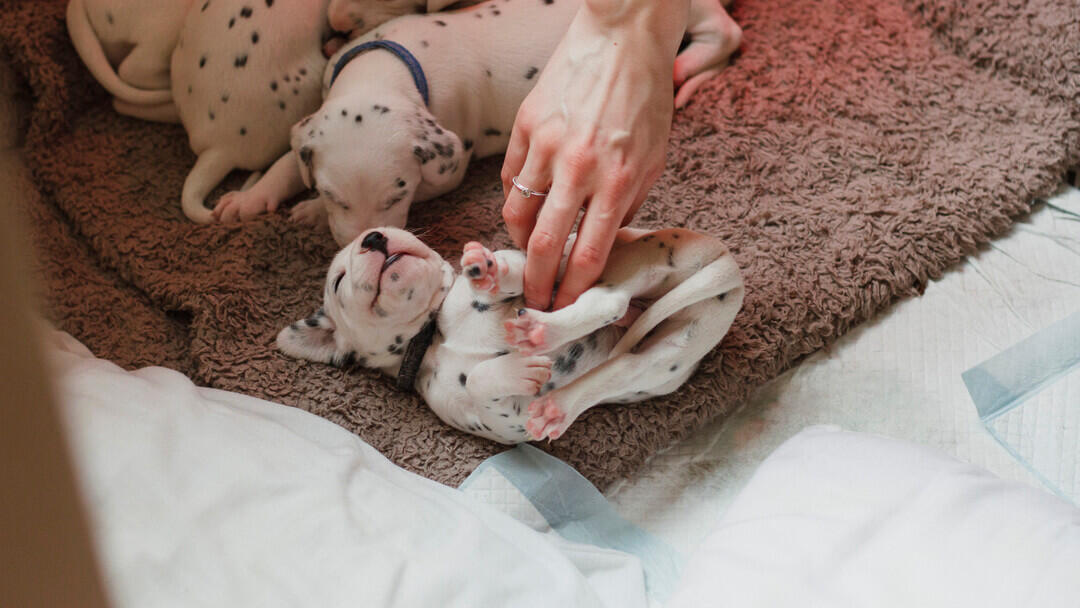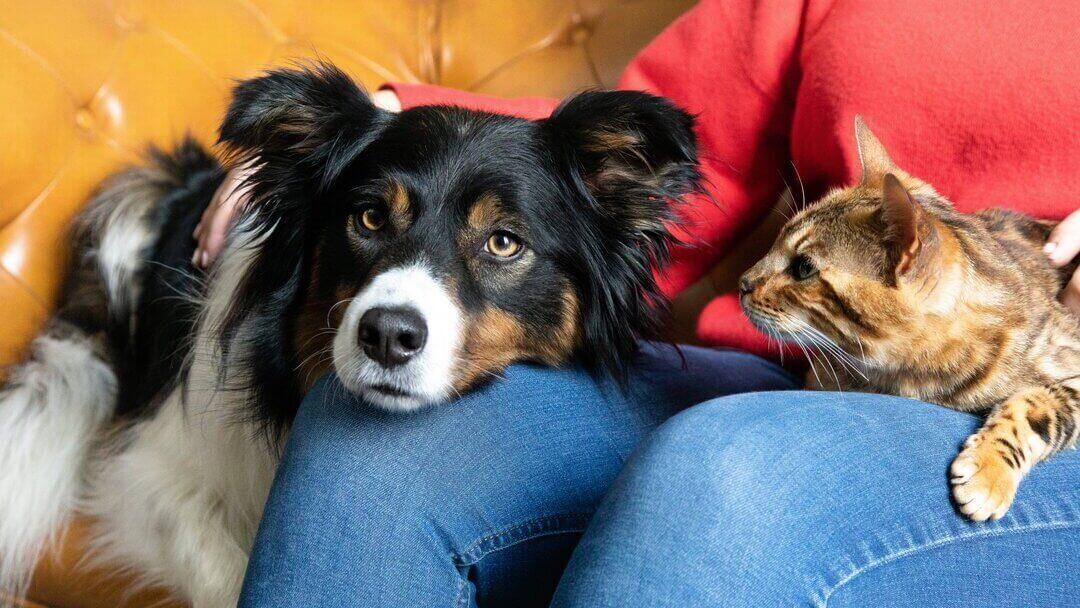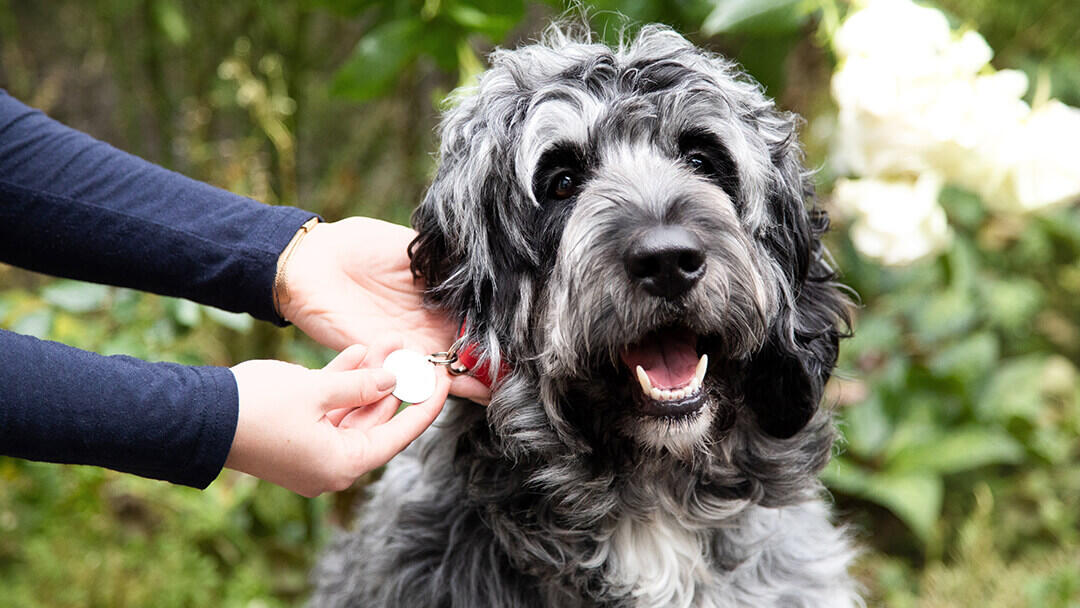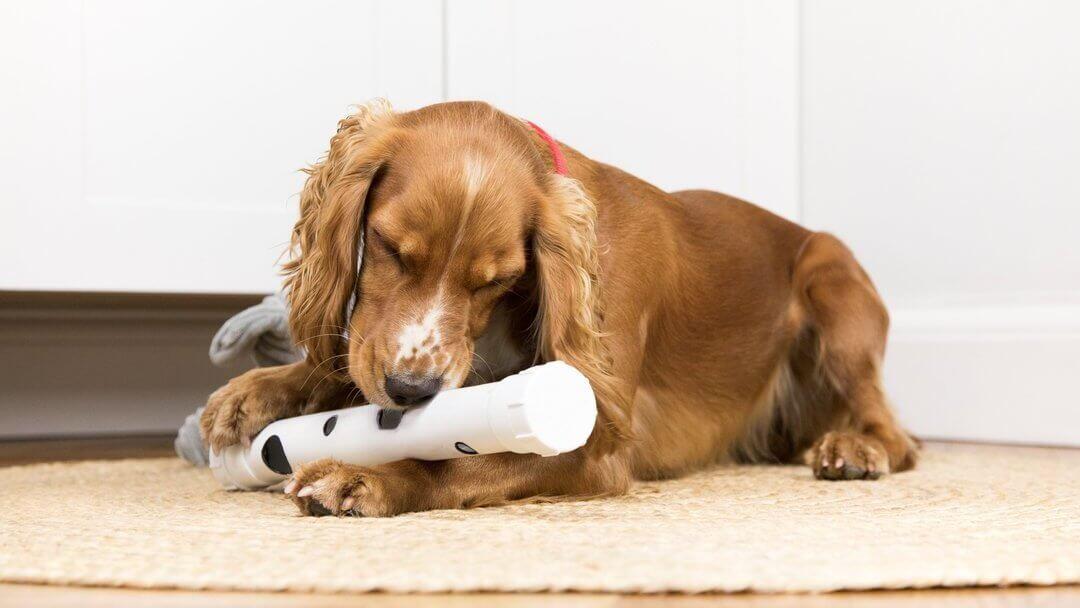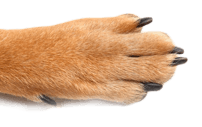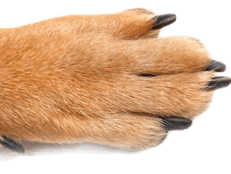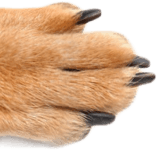Getting a New Dog: 13 Questions To Choosing the Right Dog

Getting a dog is one of the most exciting decisions you will ever make - and one of the biggest! Like all important decisions, doing your homework before taking on a new pup will make sure that you're choosing the right dog for you and your lifestyle.
It's important to carefully consider what dog you would like before taking one home. It can be very easy to be swayed by big brown puppy dog eyes or a fluffy ball of energy, but remember that a dog is a long-term relationship, so it's best for you and your pet that you're compatible. Your dog will be a part of your life for a long time to come, so it's important to research ahead to know what to expect, and so you can make the right choice when it comes to adopting the right dog.
Finding Your Perfect Dog
Adopting the right dog for you is one of the most exciting decisions you will ever make - and one of the biggest! With so many breeds of dogs - and even more crossbreeds – getting the right dog for you is the first start to having the dog of your dreams.
We live in a time where statistically our relationships with our dogs are likely to last longer than our marriages – so we should select our canine companions with as much care as we would a life partner if we want to ensure it is a match made in heaven and not in hell.
The secret to having the relationship with your dog that you’ve always dreamt about is very similar to choosing a human life partner. You have to enjoy doing the same things and your outlook on life has to be very similar too if you want to avoid conflict.
Choosing a dog: top 13 questions when adopting a puppy
1. How much exercise do you want to give your dog?
Some dogs will be happy with half an hour while others will need upwards of two hours plus training and stimulation every single day for the next 12+ years. The rough guide is if they were bred to work all day (such as the gundog, working, pastoral and terrier groups), they are going to need a lot of exercise!
Adopting the right dogs for you isn’t just about what it looks like and whether it’s suited to your lifestyle, but also whether you have the time and ability to give it the exercise and lifestyle it needs.
2. Do you want a dog to match your social tendencies?
Some breeds are more likely to love everyone while others are more likely to be totally disinterested, suspicious or even unfriendly to strangers (whether they be human, canine, feline, sciurine (no, I didn’t know either… it’s squirrels!).
There are also breeds who love people but not other dogs - or love people and dogs but would not be safe with cats or other small furries. If you have children, other dogs, cats, lots of visitors - or want a dog you can take everywhere - choose your breed based on this.
3. Are you ever going to leave your dog on their own?
No dog enjoys being left but some breeds - especially those bred as companions - really hate it and will struggle with even the shortest of absences. Others can, with patience, training and understanding, learn to tolerate it.
4. Do you want to train your dog to a high level?
Toy breeds and the smaller companion breeds do take longer to toilet train (mostly because their digestive systems are so tiny and so they can’t ‘hold on’ for long).
Some dogs are easy to train and will hang on your every word - mostly those whose original job was to work closely in harmony with their owner - while others will look on anything you ask them to do with complete disdain or at best more of a suggestion.
5. What environment do you live in?
A dog should suit not only your lifestyle but your surroundings too. For example, if you live in a smaller home with little outside space, then a little dog may suit you better. What a dog was originally bred to do is going to impact significantly what they are going to be like to live with. Dogs don’t just like doing the things they’ve been selectively bred to do, they need to do them in order to be happy and healthy.
Do you have close neighbours, or do you hate noise yourself? Some breeds you will hardly know are there while others will tell you (and everyone within earshot) about absolutely everything! All the time!
6. Are you ready to be covered in hair 24/7?
How much hair are you prepared to put up with in your house and all over your clothes? Some dogs shed hair… a lot, everywhere - and it’s not always the ones you think! Many short-haired breeds shed far more than longer-haired ones.
7. Are you prepared to groom them as well as yourself?
Depending on the breed, this can be anything from a wipe over with a cloth a couple of times a week to a full groom taking an hour or more every single day. Others will need to be professionally groomed - especially the ones that don’t shed (this can also include crossbreeds such as Cockapoos and other doodles, who can have very challenging coats).
8. Do you have a specific ‘look’ in mind?
How much predictability do you need in terms of what your dog looks like, how they behave, and their personality? Pure breeds (those that are registered with the Kennel Club) breed ‘true to type’ – in other words have a set size, shape, coat type etc and have the same working ancestry.
Crossbreeds (including the designer breeds that have interesting names that are an amalgamation of the breeds that have been mixed to produce them) are much more of a voyage of discovery, as they can have all or any (or none) of the characteristics that make up their parents. This can be a blessing or a curse!
9. Are you ready to be hands-on?
All puppies are adorable but have you spent time with adults of your breed of choice, and having had that experience, do you really like them and can you imagine yourself living with them for the next 12-15 years?
10. Do you prefer a lap dog?
Do you want a physically affectionate dog - or one who is more independent? Most dogs bond very closely to their owners but how they express that is very different. Some will want to be beside you (or better still, on you) and have close physical contact every minute of the day while others are more cat-like and will love you just as much but from a slightly aloof distance! Mismatches here can lead to serious conflict – and even sometimes aggression.
11. Pedigree, crossbreed or mixed breed?
As a first-time dog owner, and through your research of finding the right dog breed for you, perhaps the first thing you should consider is if you'd like a pedigree, crossbreed or mixed breed dog.
With over 200 dog breeds to choose from, you are bound to find the perfect match. Every one of those 200+ breeds of dog has been developed, sometimes over hundreds of years, to be specialists at a certain job.
The advantage of choosing a pedigree dog (also known as a pure breed) is that you have a certain amount of predictability. You can be fairly certain that your four-legged friend will be a certain size, with a certain coat length and texture, character, and energy level, and you'll also have a bit of warning about some potential health conditions that can affect certain breeds.
There's a certain amount of predictability with crossbreeds too. Crossbreeds have parents from two different pure breeds, but it can be trickier to be sure which breed, if either, will determine your dog's looks and personality.
The fun really starts with mixed breeds (otherwise known as mongrels). They come from a largely non-pedigree background, and although you can sometimes see glimpses of recognisable breeds in them, it often comes down to guesswork. One of the many good things about mixed breeds is that they can often be healthier, as they usually have a larger gene pool meaning that hereditary problems are less of an issue.
For more information on what breed of dog may suit you best, try our breed selector tool.
12. Puppy or adult?
If getting the right dog for you has led you down the path of getting a puppy, you'll find that they're naturally curious and keen to learn, so having time to train them is an absolute must. With your love, care and training you can turn their enthusiastic blank canvas into a masterpiece! Training is great fun but hard work - you'll need to teach them everything from toilet training to walking on the lead. If you have the time and the patience, you'll find their transformation hugely rewarding and all the effort you put in will help build a great bond between you and your puppy.
Another option is to rehome a 'teenage' or adult dog. If you're a first-time dog owner you may find an older dog to be a better fit for your lifestyle.
Most adult dogs will come to you with some training and socialisation. That doesn't mean the job's done, however - there'll still be plenty for you to do, and there's no reason why you can't build a bond that's as strong as with any puppy.
Sadly, some adult dogs up for rehoming haven't always been blessed with a previous loving home, so they may come to you with a bit of 'emotional baggage'. These dogs need extra love, time and patience, but what you give to them will be hugely rewarding for both you and your dog, and result in a lifelong friendship.
13. Dog or bitch?
Another thing you need to think about when adopting the right dog is whether you want a male or female. Opinion varies enormously, and ultimately the decision really comes down to personal preference.
Some owners say that bitches are easier to train and tend to be more loving, while others argue that females are more independent and aloof. Males are often said to be more assertive, but neutering can make them a little easier to handle if they start out a bit too bold and over-confident (although this varies with the age of neutering and from one dog to another).
There's no simple answer, and you'll need to remember that a lot of your dog's character and behaviour will simply come down to individual personality and the amount of time that you dedicate to training and socialising with them. Unneutered dogs of both sexes can sometimes be a handful.
For more information on how neutering affects both males and females, take a look at our neutering FAQs page.
What to look for when choosing a puppy?
They should be playful and almost certainly up to mischief! Here are a few things to look out for:
- Bear in mind that the smallest puppies in the litter can have health problems and that nervous, withdrawn or overly excitable puppies may need more training and socialisation.
- Your puppy should be plump, but not fat, and be free of any lumps or bumps.
- The perfect puppy should also have clean and bright eyes, clean ears and a clean bottom.
- Coats should be soft and clean with no bald or sore patches and the puppy shouldn't be scratching.
- Place your potential pup on the floor. They should be interested in their surroundings straight away. Clap your hands, or make a high-pitched squeak and notice how they respond.
- Deafness can be a problem in some breeds, like Dalmatians and other white breeds, so make sure your puppy reacts when exposed to obvious sudden noises.
Breeder or re-homing organisations?
If your heart's set on a pedigree or cross-bred puppy, then your best bet is to find a reputable breeder. Contact The Kennel Club or a breed-club secretary who may have a list of litters available, or should be able to put you in contact with breeders in your area. Try to choose a breeder who is part of the Kennel Club's assured breeder scheme.
It can be incredibly fulfilling to adopt a dog from an animal shelter and offer them a second chance in life. There are many dogs waiting for a loving forever home. Each dog has its own story and many have lost their first home through no fault of their own, and would love to become a part of yours.
Reputable centres will be very careful about matching the right people with the right dogs - they certainly don't want them being rejected again nor do they want you to take on a dog that's not suitable for you. Staff carefully assess the dogs they take in, and will spend time getting to know you, your family and your lifestyle before they match you with any of their dogs. They'll also be happy to give you advice and answer any questions you might have.
Not surprisingly, there are more adults’ dogs looking for new homes than puppies, and when there are pups looking for adoption, they often get snapped up pretty quickly. If you're determined to rescue a puppy, you may have to take your time contacting several shelters and rescue centres or have to travel further afield to find one that's right for you. Some of the larger organisations to contact include Dogs Trust, The Blue Cross, Battersea Dogs Home, RSPCA, Scottish SPCA or Dublin SPCA.
Whether you buy from a breeder or rehome a rescue dog, you can look forward to a fulfilling future of adventures with your new friend! Are you feeling the pressure from the little people in your life to get a canine companion? Take a look at our article, on whether getting a dog when your kids want one is a food idea, next.


